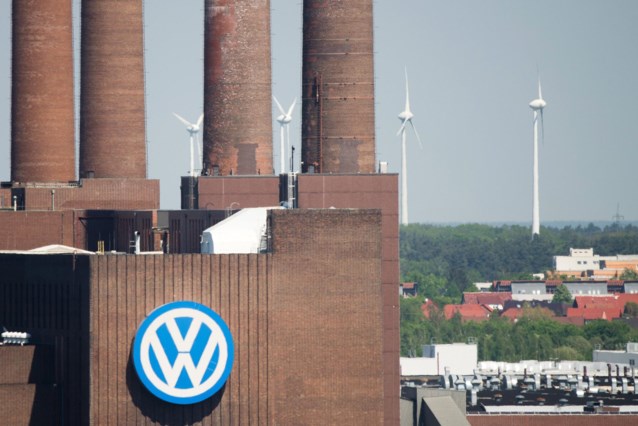The global IT system of Volkswagen, Europe’s largest car manufacturer, has been hacked for years. This is evident from internal documents that Paper Trail Media, Der Spiegel and ZDF shared with Knack and other media partners of #Hidden Front, an investigative project on Chinese intelligence activities in Europe. Hackers were able to steal no fewer than 19,000 files from the Volkswagen Group, including information about new technological developments.
The German media partners also spoke to twelve well-informed sources, familiar with the hacking dossier, who pointed in the direction of Chinese hackers. The hacking dates back to 2015, but was never made public before. The global clean-up operation is said to be one of the largest in history and to have cost more than 100 million euros.
The hacking came to light on June 3, 2014. The Volkswagen system appeared to be infiltrated via a local branch in Puebla, Mexico. Volkswagen immediately set up a task force. She decided to watch the hackers for a while before taking action.
On Friday, April 24, 2015, a dozen cyber specialists at Volkswagen’s headquarters in Wolfsburg, Germany, will launch Operation Remediation 65, shutting down almost the entire global IT system of the automotive group for a major clean-up. The VW Group also includes the brands Bugatti, Lamborghini, Porsche, Bentley and Audi.
Forensic IT experts were able to reconstruct that the hackers had obtained 19,000 files. They were interested in, among other things, ‘petrol engine development’, ‘transmission development’, ‘dual clutch transmission’ and also e-mobility and fuel cells.
According to an internal document, Audi Brussels was also part of the global remediation operation. Knack contacted spokesperson Peter D’hoore for a response. “Then and now, the cyber security of our company’s systems, processes and products is of the utmost importance,” says D’Hoore. “We are continuously working to keep our IT landscape, products and digital ecosystems secure and ready to use.”
